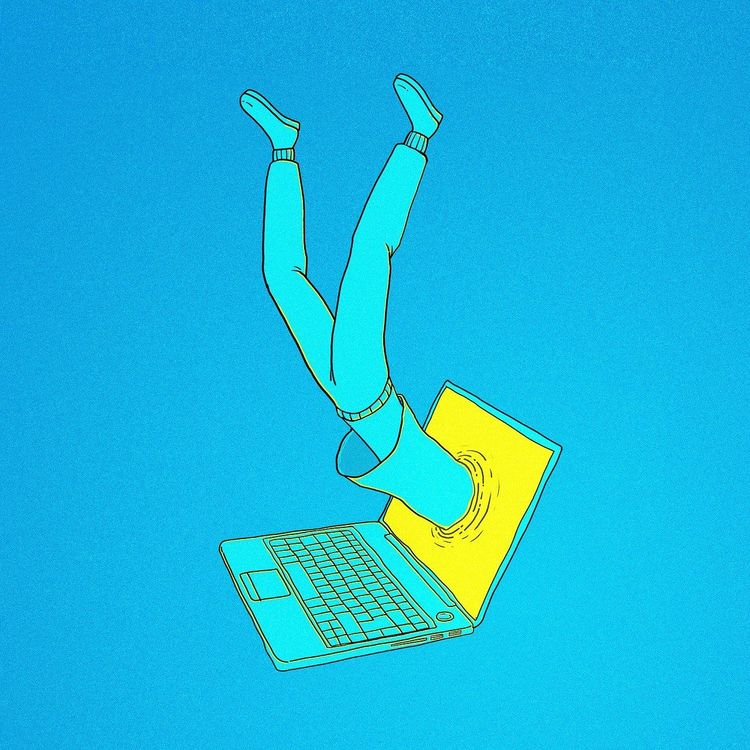Late Night With the Devil is a retro indie horror film starring David Dastmalchian as a 1970s talk show host attempting to connect with the embodiment of evil during a live broadcast. This film garnered significant attention at the South-by-Southwest (SXSW) Film Festival, achieving an impressive 100% “fresh” rating on Rotten Tomatoes for a period.
Currently, the film's co-directors, brothers Cameron and Colin Cairnes, are at the center of a controversy on social media platforms like X, regarding the use of AI-generated imagery for retro TV graphics, including a notable skeleton graphic.
As awareness of the film grows—set to premiere widely in U.S. theaters on March 22, 2024, following initial screenings at SXSW—audience reactions have surfaced on platforms like X, Reddit, and Letterboxd. Many viewers voiced disappointment over the AI imagery, expressing that the filmmakers should have utilized traditional methods or collaborated with artists instead. Critics described the AI use as “depressing” and “heartbreaking.”
One of the notable critics, visual artist Karla Ortiz—who is involved in a class-action copyright infringement lawsuit against AI art generators—urged the filmmakers to replace the AI-generated graphics with human-made art.
In a statement to Variety, the Cairnes brothers clarified that AI was employed for only “three brief interstitials” in the film. They asserted:
“In collaboration with our talented graphics and production design team, we experimented with AI for three still images, which were further edited and appear as very brief interstitials. We are incredibly grateful to our passionate cast and crew, who helped realize our vision of a 70s aesthetic.”
Despite this clarification, some viewers are advocating for a boycott of the film to signal that AI-generated graphics—even in small quantities—are unwelcome in filmmaking.
Conversely, other filmmakers and cinephiles support the film, emphasizing the necessity of backing indie filmmakers amidst an increasingly conservative Hollywood environment. They argue that the boycott may inadvertently amplify attention for the film rather than effectively convey their message.
This controversy highlights a pivotal moment as AI becomes more ingrained in mainstream cinema, with prominent figures—from the creators of HBO's True Detective to artists like Kanye West—embracing the technology.
The use of AI in film production was a significant contention during last year's writers’ and actors’ strike, which resulted in new contracts stipulating that studios could not mandate AI use, and any employed would be subject to creator discretion. In this instance, however, the filmmakers voluntarily chose to incorporate AI, which has led to public backlash.
I find value in the use of AI in Late Night With the Devil and foresee that within the next two years, AI visuals will likely be prevalent in many U.S.-produced films. Our publication itself regularly employs AI to generate imagery and text.
Despite controversies regarding its training data, AI art and video generation are innovative tools that can decrease production costs and expedite asset creation. Filmmakers have historically embraced new technologies—from silent films to talkies, technicolor, practical effects, and CGI—to expand the boundaries of storytelling.
AI presents an additional avenue for filmmakers and has already featured in acclaimed projects like the 2023 Academy Award-winning Everything Everywhere All At Once and The People’s Joker.







